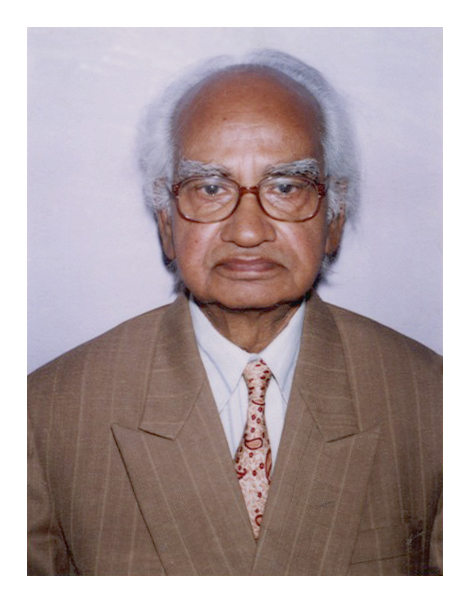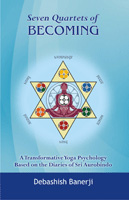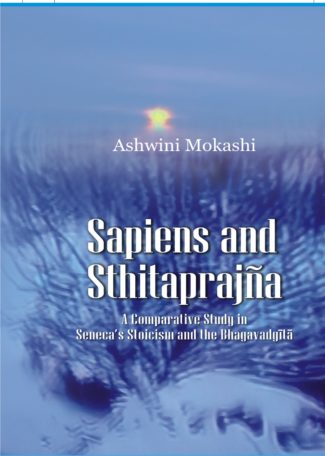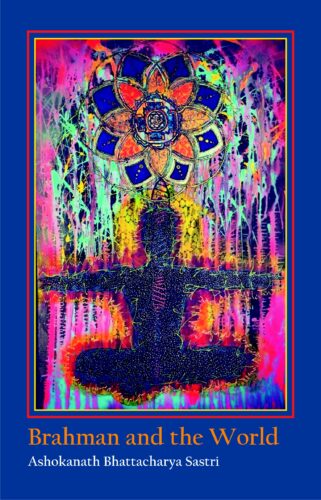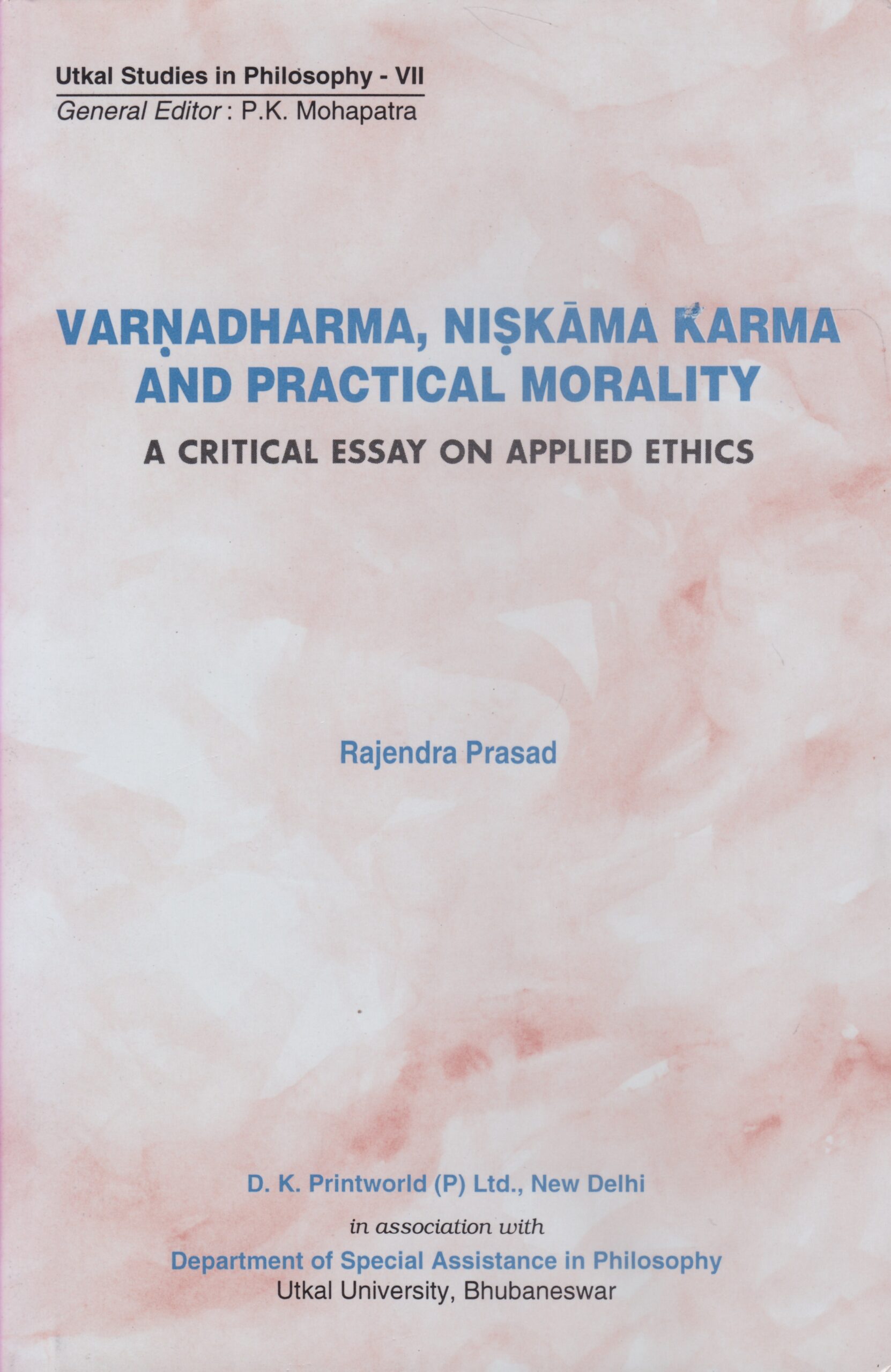

Varnadharma, Niskama...
Varnadharma, Niskama Karma and Practical Morality
A Critical Essay on Applied Ethics by: Rajendra PrasadThis work analyses some basic concepts of Indian ethics. It shows that a Varnadharma cannot be both natural and obligatory, the prescription of acting desirelessly makes any desireless action justified, the jivan-mukti concept is inapplicable, etc.
Original price was: ₹380.00.₹342.00Current price is: ₹342.00.
ISBN: 9788124601259
Year Of Publication: 1999
Edition: 1st
Pages : xii, 291
Bibliographic Details : Bibliography
Language : English
Binding : Hardcover
Publisher: D.K. Printworld Pvt. Ltd.
Size: 23 cm.
Weight: 600
This book provides a bold, original and ciritical analysis of some basic concepts of Indian ethics, lifting them up from their regional roots to a general philosophical level, along with illuminatingly creative analysis of some practical issues of moral living. Professor Prasad shows, on logical grounds that a varnadharma cannot be both natural and obligatory, the prescription of acting desirelessly makes any desireless action justified, acting desirelessly itself cannot be a duty, the concept of jivanmukti is inapplicable, etc. In respect of ethical practice, he argues, with fair amount of rigour and originality, for moral anger and forgiveness as a conditional virtue, basing secularism on the primacy of the ethical, and preferring a morally good professional to one who is good as a professional or as a person. His plea for legitimacy of profit in business and non-hyperactivism in applying ethics throws useful light on business ethics. His down-to-the-earth approach makes the book a work on applied ethics and his conceptual openness makes it one on the basics. Its simple style makes it useful not only for students and teachers of philosophy but also for general readers with interest in Indian philosophy and culture.
From the General Editor
Preface
Part I
Some Basics of Indian Normative Ethics
1. Varnadharma as Natural and Obligatory: How Maintainable?
2. Prescription of Nishkama Karma: Moral or Non-Moral?
Teleological or Deontological?
3. Jivanmukti: Problems of Normativity and Instantiation
4. Dreamless Sleep as Empirical Analogue of Jivanmukti:
How Much Appropriate?
5. Commonly Presupposed Identity of Reality and Value: Aurobindos Renovated Characterisation Stated and Examined
Part II
Ethics in Practice
6. Inculcating Secularism: The Buddhist Way
7. Inculcating a General Dharma Forgiveness as Moral Cement: Wronging, Rupturing and Rejoining Social Relationships
8. Ethics in Professional Practice: Being a Good Professional, a Morally Good Professional, and a Morally Good Person
9. A Problem Area: Business Ethics and the Limits of Applied Ethics
Part III
The Background Conceptual wFramework
10. Acknowledgement, Application, and Morally Justified Violation of a Moral Principle
Bibliography of Authors Writings


